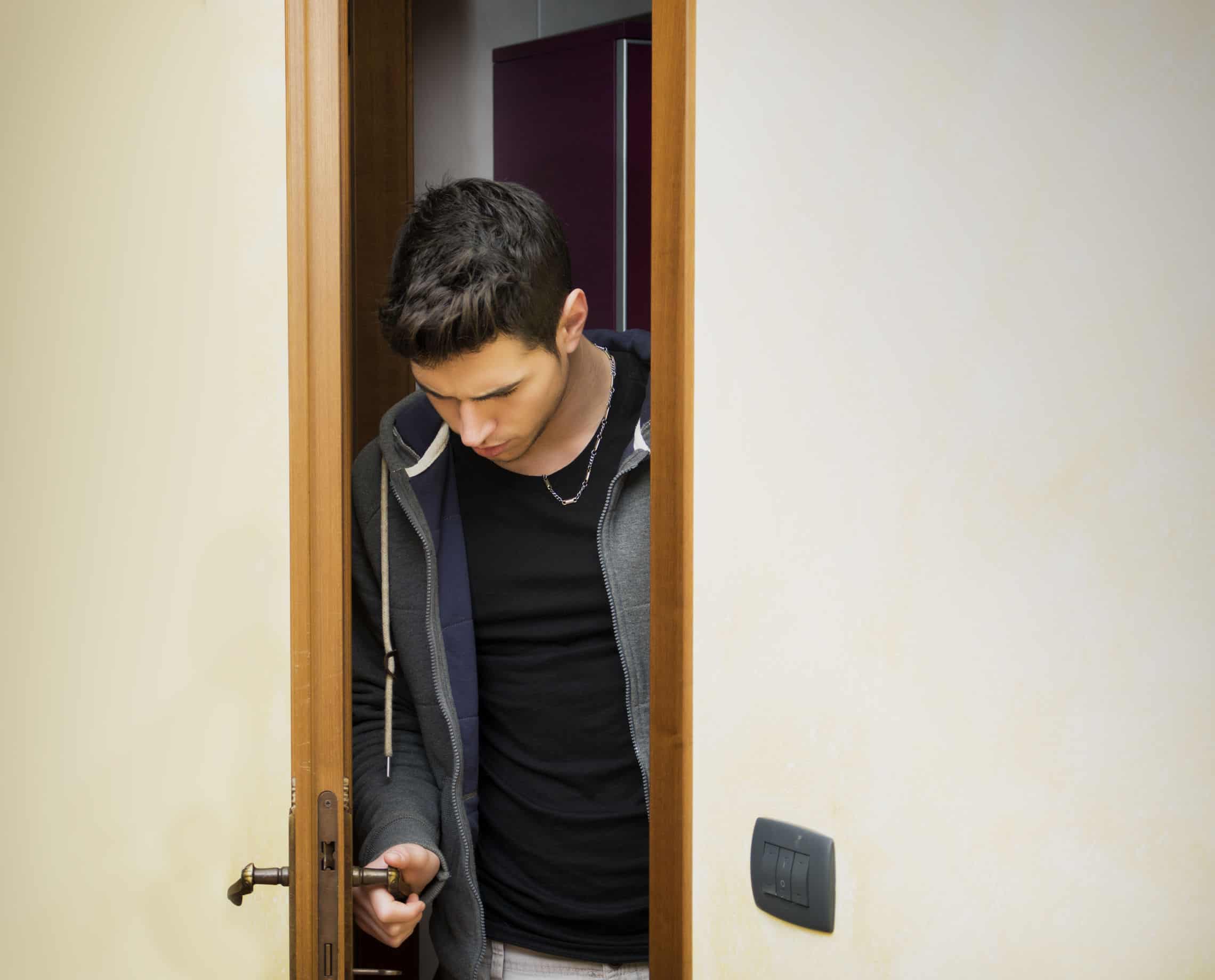Colorado Theft Laws: Penalties and Defense Strategies
July 1, 2025

What to Expect If You Were Hit with a Colorado Shoplifting Charge
Why DUI Arrests in Colorado Increase around the Christmas Season
Posted by: Jacob E. Martinez
Category: Protective Orders | Restraining Orders
If you have been charged with violating a restraining order in Colorado, it’s important to know what happens next. In this post, we’re going to explain the restraining order laws in our state as well as the penalties for violating an order.
A protective order, otherwise known as a restraining order, prohibits you from contact with a person who believes that you intend to do them harm. The order is intended to prevent touching, tampering, retaliation, intimidation, molestation, or harassment of the alleged victim.
A protective order can be filed for two reasons. First, an alleged victim can file a civil protective order in a case of domestic violence. Second, an offender can automatically be placed under a criminal protective order when arrested for a crime not related to vehicles, and when law enforcement believes the offender has threatened to use or has used violence in an intimate partnership.
Even if the alleged victim made a false statement, wishes to revoke the statement, or refuses to press charges, your arrest is reason enough for a protective order to be in place.
A temporary protective order can last up to 14 days or until the case is heard in court. A permanent protective order – as the name implies – has no expiration date.
Protective orders can also be filed on behalf of children. These, however, are valid for only 120 days, as the courts expect parents to set up custody agreements after that time.
When you are under a protective order, you must follow strict guidelines.
If you do not contest the protective order by requesting a modification, you will be subject to the order until your case is decided in court.
A violation of a protective order will be charged as a class 2 misdemeanor. The penalties can involve up to 18 months in jail, a fine of up to $5,000, or both. A second or subsequent violation is considered an extraordinary risk crime, categorized as a class 1 misdemeanor and subject to extended sentencing.
You can defend yourself against a protective order violation in several different ways. A qualified attorney can advise you on the best defenses to use, including the following:
Being subject to a protective order is stressful, but being accused of a violation is even worse. Contact an experienced, compassionate Colorado criminal defense attorney for help in fighting your charges.
When you reach out to our office and set up a free, confidential case review, we will go over the facts of your case and talk about your options.
About the Author:
Denver-based criminal defense and DUI attorney Jacob E. Martinez is a knowledgeable and experienced litigator with a record of success providing innovative solutions to clients facing criminal charges of any severity. Mr. Martinez has been designated a Top 100 Trial Lawyer by the National Trial Lawyers and has been awarded both the Avvo Client’s Choice Award and Avvo Top Attorney designation, evidencing his reputation for his exemplary criminal and DUI defense work and high moral standards.
Jury Trial - Not Guilty
Jury Trial - Not Guilty
Arapahoe 1st Degree Assault/Vehicular Assault
Jury Trial - Not Guilty
Denver Domestic Violence Assault Case
Jury Trial - Not Guilty
Denver D.V. Assault
Jury Trial - Not Guilty
Denver Careless Driving Resulting in Death
Jury Trial - Not Guilty
Jefferson County Felony Menacing
Jury Trial - Not Guilty
Adams County DUI
Jury Trial - Not Guilty
Jefferson County DUI
Jury Trial - Not Guilty
Jefferson County DUI
Jury Trial - Not Guilty
Jefferson Vehicular Assault/DUI
Jury Trial - Not Guilty
Jefferson County DUI
Jury Trial - Not Guilty
Boulder County DUI case
Jury Trial - Not Guilty
Arapahoe County DUI case
Jury Trial - Not Guilty
Adams County DUI case
Jury Trial - Not Guilty
Douglas County DUI case
Jury Trial - Not Guilty
Gilpin County DUI case
Dismissed
Broomfield County Probation Revocation case
Dismissal
Arapahoe County DUI case
Deferred Judgment
Arapahoe County DUI case
Deferred Judgment
Douglas County DUI case
Deferred Judgment
Larimer County DUI case
Deferred Judgment
Arapahoe County DUI Case
Deferred Judgment
Denver Felony Burglary Case
Deferred Judgment
Arapahoe County DUI case
Dismissed
Arapahoe County Protection Order Case
Dismissed
Golden Destruction of Property case
Dismissed
Jefferson County Protection Order case
Dismissed
Jefferson County Domestic Violence case
Dismissed and Sealed
Jefferson County DUI case
Dismissed
Denver Major Traffic Offense case
Dismissed and Sealed
Broomfield County Domestic Violence case
Dismissed
Summit County DUI Revocation
Dismissed
Denver DUI Revocation
Dismissed
Denver DUI Revocation
Dismissed
Denver DUI +.2 Involving Accident and Injury case
Dismissed
Denver DUI/Habitual Traffic Offender case
DISMISSAL
Denver District Aggravated Theft
Dismissed
Greenwood Village Assault case
Dismissal
Elbert County DUI
Dismissed
Arapahoe County Domestic Violence case
Dismissal
Jefferson County DUI
Dismissal
Denver Municipal Assault
Dismissed
Boulder County Domestic Violence Assault case
Dismissed
Wheat Ridge Assault case
Dismissed
Jefferson County DUI case, with 2+ Prior Convictions
Dismissed
Arapahoe County Domestic Violence case
Dismissed
Broomfield County Domestic Violence case
Dismissed with No Charges Filed
Jefferson County Felony Theft case
Dismissed
Arapahoe County Felony Theft case
Dismissed
Boulder County Felony Theft case

